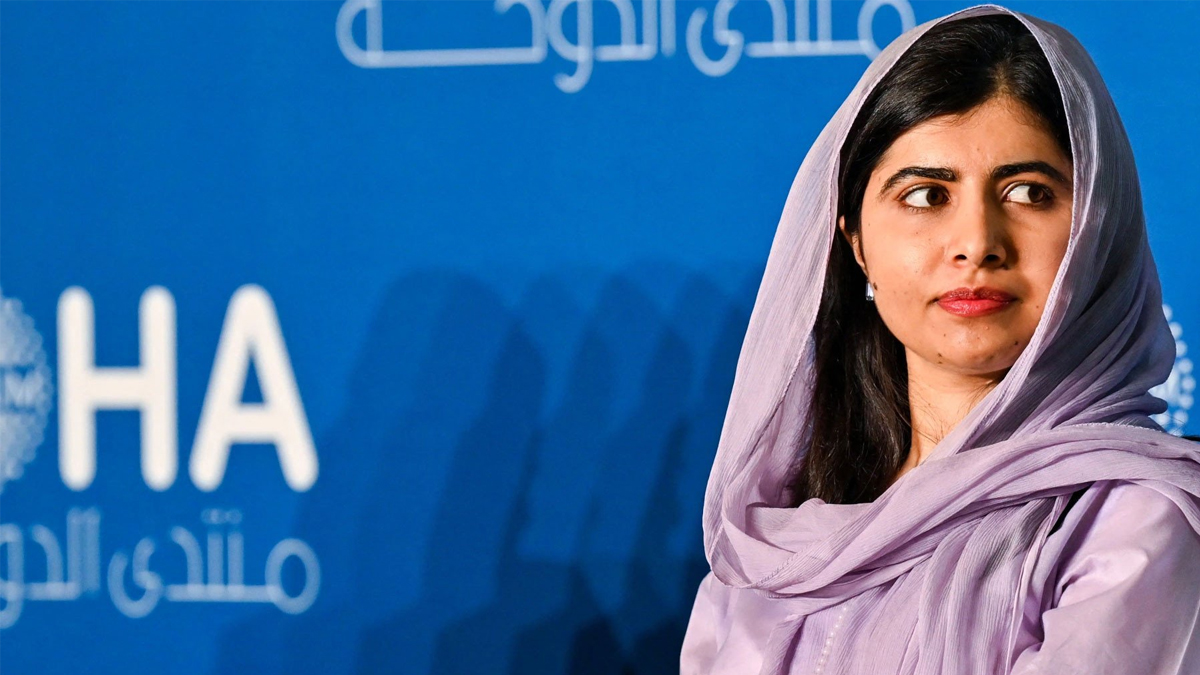
Ban of Joyland
Although the Joyland film ban may soon be lifted entirely, it is crucial to comprehend why it was unjustified in the first place.
What’s Malala’s Opinion?
Nobel laureate Malala Yousafzai discusses the movie’s status as a work of art rather than a pro or con argument in her Variety article. It is a love letter to Pakistan and a reflection of the aspirations for independence and harm caused by patriarchy felt by Pakistanis, among other things.
Joyland is not art that passes for activism, she argued.
It doesn’t make a case for a specific viewpoint or make a recommendation. From the elderly grandfather who is forcing his will on his family to the young wife who demands more than the men around her are ready to provide, the movie treats every character with kindness. According to her, it is a movie about how patriarchy harms men, women, and children alike.
“The movie weighs the costs of putting other people’s opinions ahead of one’s aspirations while shedding light on underappreciated things like “the healing qualities of female friendship and solidarity.”
The Film Honours Pakistani Culture
She discussed how the film honours Pakistani culture, particularly its people and its food and attire. It is being labelled as something unethical that “portrays a terrible picture of our country,” which is an unfortunate turn of events. In actuality, the movie is a reflection of Pakistani culture, including their pursuit of happiness and independence as well as their daily practise of finding joy in the simple things.
Read More | Grammys: Arooj Aftab Nominated For Best Global Music Performance Yet Again
Read More | Jazz weekly, monthly and hybrid internet packages
According to the education activist, we utilise art as a tool for public relations to change the unfavourable perceptions that the outside world has of us. “Stories that cast ourselves as unquestionable heroes” are the type of content that is popular in Pakistan because they compress the narrative to males acting as saviours who overcome their adversaries and women acting as sentimental lovers who don’t care about much else.
In her essay, Malala stated, “A numbness sets in when we collectively decide we would rather accept the dream than look in the mirror.” Instead, she claimed, we reject narratives like Joyland that empower marginalised people and defy “strict social norms,” refusing to take a good, hard look at ourselves.
The restriction not only excludes Muslim brilliance but also buryes Pakistani genius alive. Only 1% of Muslims are depicted in popular TV series, although making up 25% of the world’s population. That is also a derogatory portrayal that is frequently linked to terrorism. Malala pleaded on Pakistan to give Joyland a chance and let it in: “Audiences must also be open to the truth when our filmmakers tell it.”
Events Pertaining Joyland’s Ban
A recent movie screening of Joyland in Pakistan was prohibited. After receiving complaints that “the picture contains highly unacceptable material which do not fit with the social values and moral standards of our society,” the Ministry of Information & Broadcasting revoked its exhibition licence, which had been awarded months earlier. The cast, crew, celebrities, and internet users all expressed disapproval in response to this.
As a result, PM Shehbaz Sharif established a special committee to investigate grievances brought against Joyland. After a second inspection on Wednesday, the government agreed to certify the film. The Punjab government declared on Thursday that it is once again outlawing it in Punjab notwithstanding the approval.
Joyland holds the distinction of being Pakistan’s first entry to the Cannes Film Festival, winning numerous honours at other film festivals, and being selected as Pakistan’s candidate for the Oscars.



